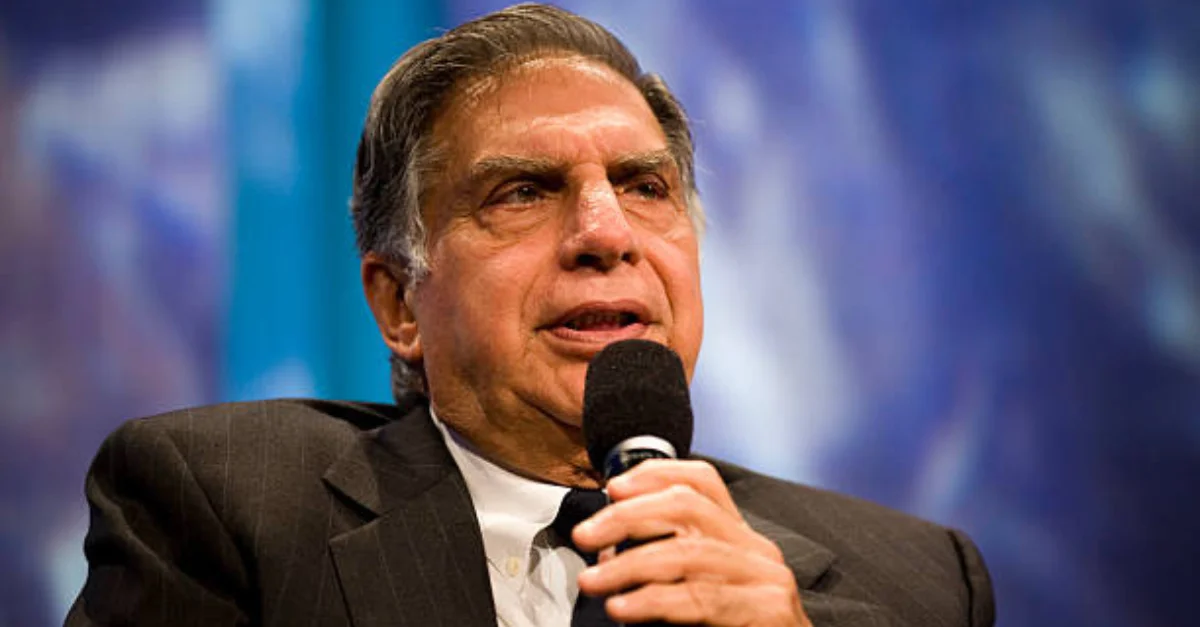Introduction
Ratan Tata’s life is a remarkable narrative of resilience, innovation, and philanthropy. From his humble beginnings in Mumbai to becoming a revered global business leader, Tata’s journey has been marked by significant milestones that have shaped the Tata Group and impacted society profoundly. He is remembered as a visionary who left a lasting legacy.
Early Life and Education
Born on December 28, 1937, Ratan Tata grew up in a prominent family deeply rooted in India’s industrial landscape. He attended Campion School in Mumbai and later pursued higher education in the United States. Graduating from the University of California, Berkeley, in 1962 with a degree in architecture and structural engineering, Tata laid a strong foundation for his future endeavors.
Joining the Tata Group
In 1962, Ratan Tata began his career at Tata Steel. Over the years, he held various roles within the Tata Group, gaining invaluable experience and insights across its diverse sectors. His dedication and strategic vision quickly positioned him as a key contributor to the organization’s success.
Chairmanship and Transformation
In 1991, Ratan Tata was appointed chairman of Tata Sons, the holding company of the Tata Group. His leadership marked a transformative era, characterized by ambitious expansion and diversification. Tata focused on modernizing operations and enhancing global competitiveness, leading to the launch of the Tata Indica, India’s first domestically produced passenger car.
Global Expansion
Under his leadership, Tata Group embarked on an aggressive international expansion strategy, acquiring companies like Jaguar Land Rover in 2008 and entering new markets worldwide. His vision transformed Tata into a global powerhouse with a presence in over 100 countries across various industries.
Philanthropy and Social Responsibility
Ratan Tata is also celebrated for his commitment to philanthropy. He played a vital role in establishing the Tata Trusts, which focus on education, healthcare, and community development. His approach to corporate social responsibility has set a high standard, emphasizing the importance of giving back to society.
Recognition and Awards
Throughout his career, Tata received numerous accolades, including the Padma Bhushan in 2008 and the Padma Vibhushan in 2020, recognizing his contributions to industry and social development. His ethical leadership and integrity earned him widespread respect both in India and internationally.
Legacy and Influence
Ratan Tata left behind a profound legacy as a pioneering figure in business and philanthropy. His journey from a Mumbai boy to a global icon continues to inspire future generations of entrepreneurs and leaders. His advocacy for sustainable and responsible business practices will undoubtedly influence the future of industry and society.
Conclusion
Ratan Tata’s life exemplifies the power of vision, perseverance, and compassion. His remarkable journey underscores the importance of leadership that prioritizes business success alongside social impact, leaving a significant imprint on future generations. His contributions will forever serve as a guiding light for integrity and social responsibility in the business world.
